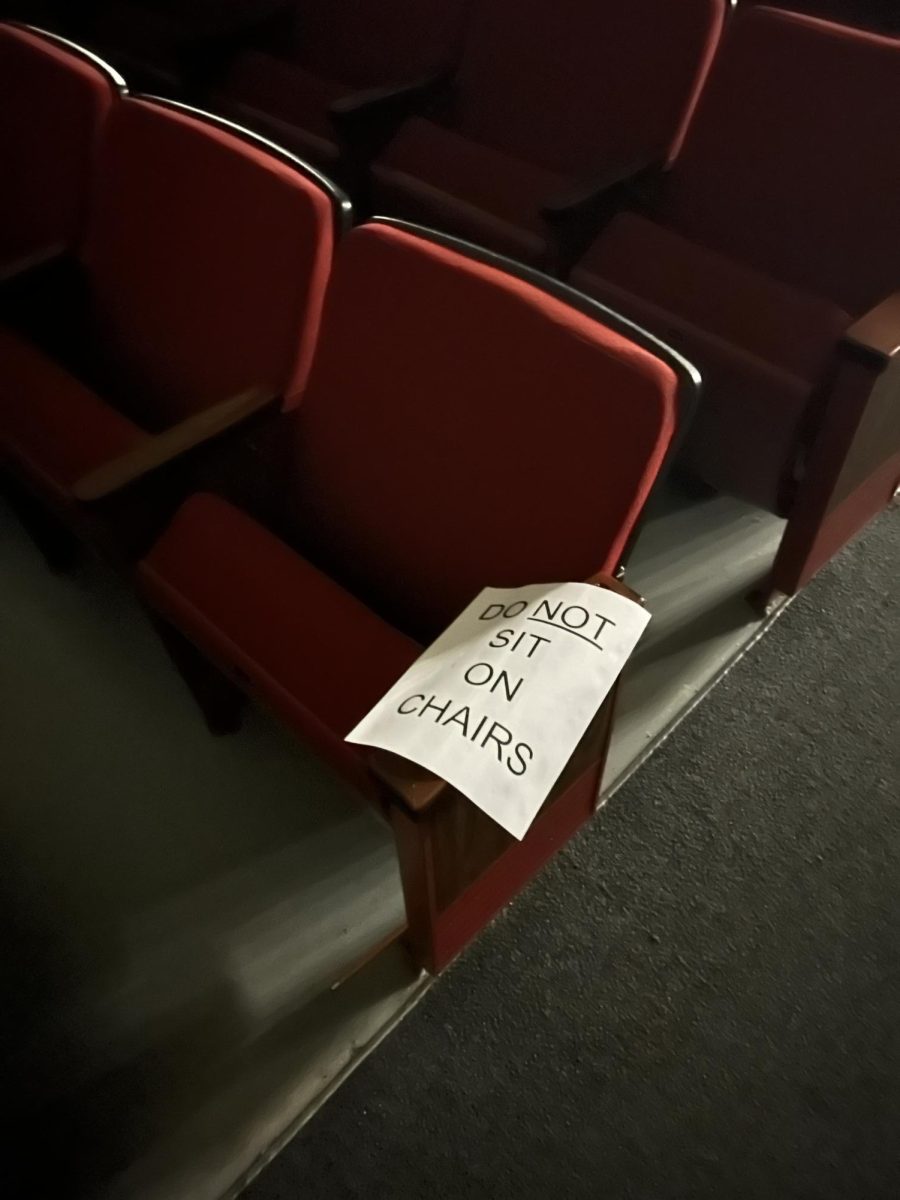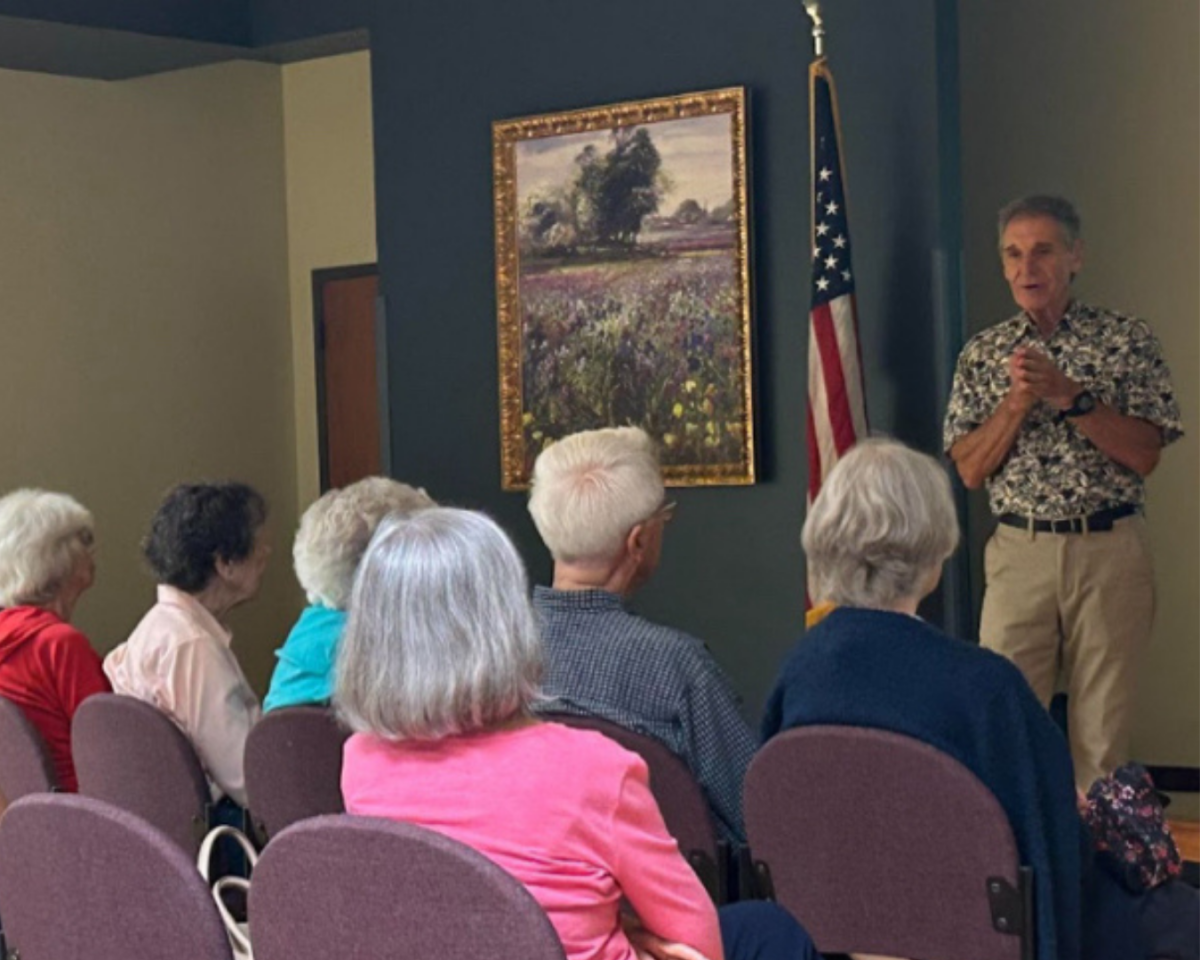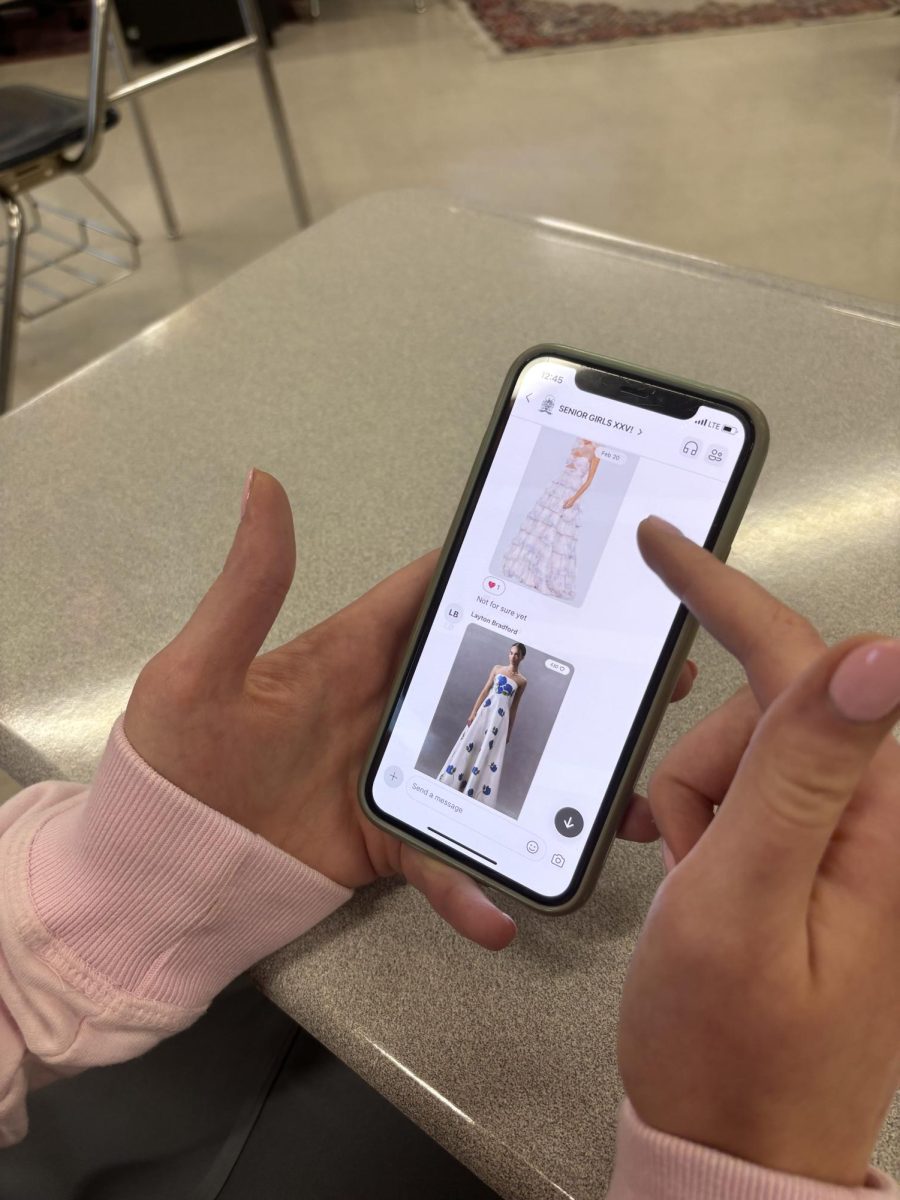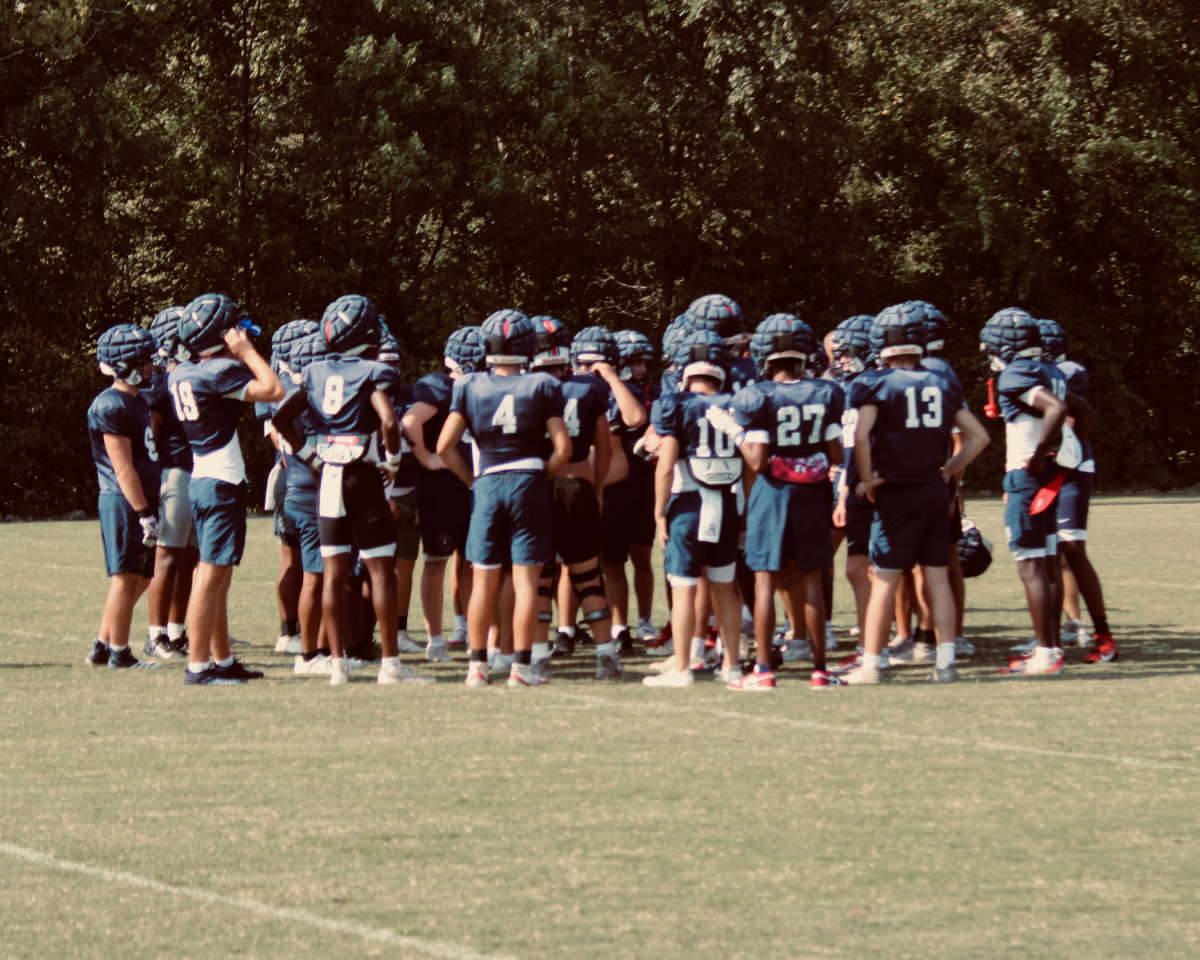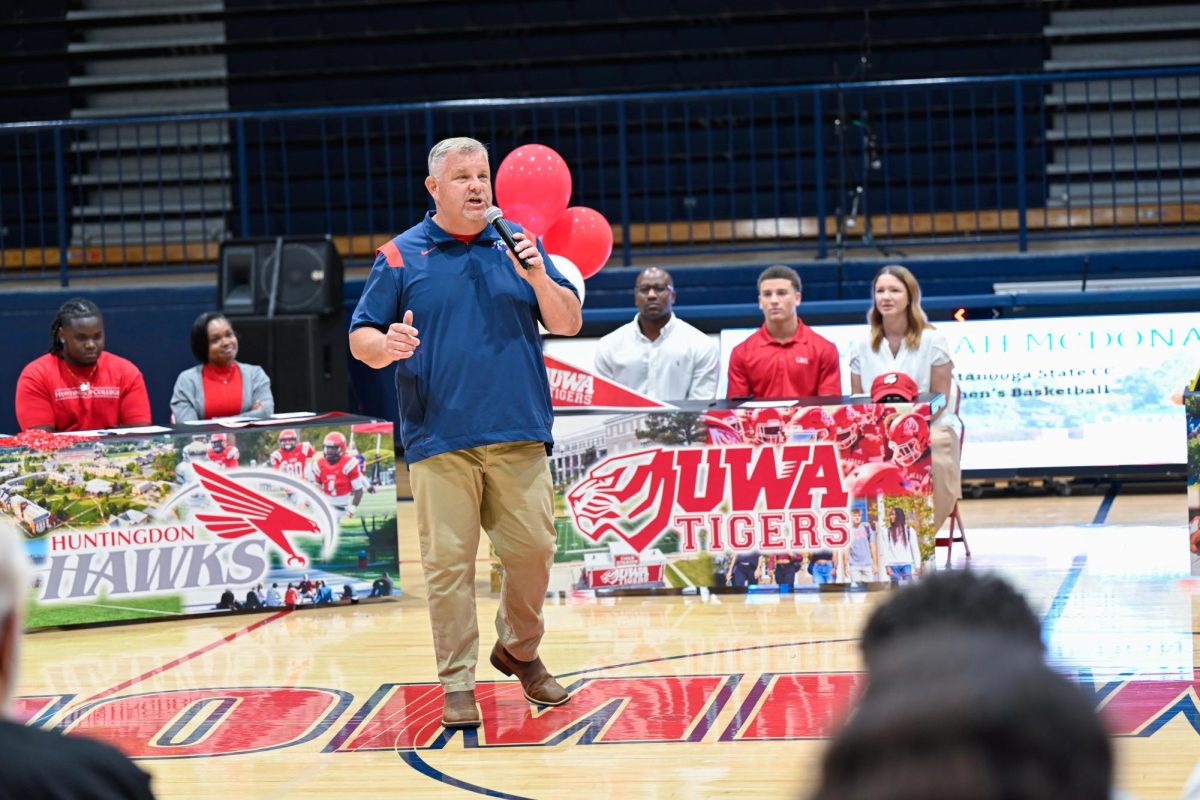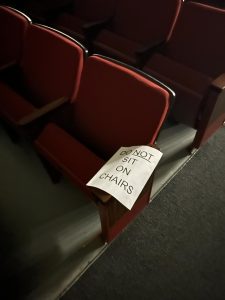AP develops new African American studies course

Dr. Martin Luther King Jr. speaks at the March on Washington in 1963.
February 10, 2023
Schools across the nation are introducing a new pilot Advanced Placement course to students: AP African American studies.
The course has received notable attention since its initial announcement in 2021. Academics and educators have pushed for an AP African American studies or history course for years, as education continues to diversify its historical perspectives and areas of study.
A framework of the course, though not officially approved as the final course, has recently been released by the College Board on Feb.1. There are four units; each covers a specific period of African-American history and its literature, art, religion, geography and culture.
The first unit is “Origins of the African Diaspora,” which covers the early African societies and West African kingdoms and their regional politics. The second unit investigates the inception of the Transatlantic slave trade and takes students through various resistances to it, culminating in the Civil War. Penultimately, the third unit follows Reconstruction and the continued injustices and activism carried by Black Americans, along with the emergence of the Harlem Renaissance. Lastly, the fourth unit examines the Civil Rights movement to the modern era.
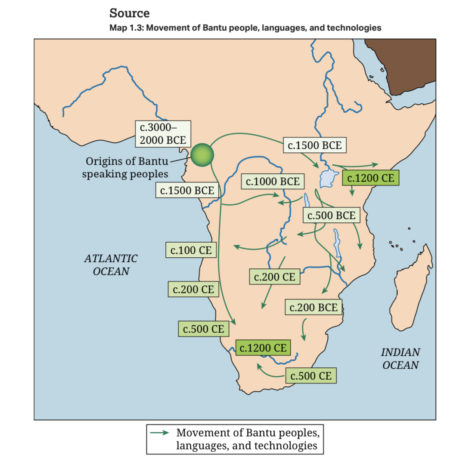
The fourth unit, titled “Movements and Debates,” has been a major target of critics of the course. In mid-January, Florida Gov. Robert Desantis banned AP African American Studies from state schools, calling it “indoctrination.” He was particularly critical of the inclusion of what is often referred to as “critical race theory,” along with how it studies the development of militant resistance groups like the Black Panther Party.
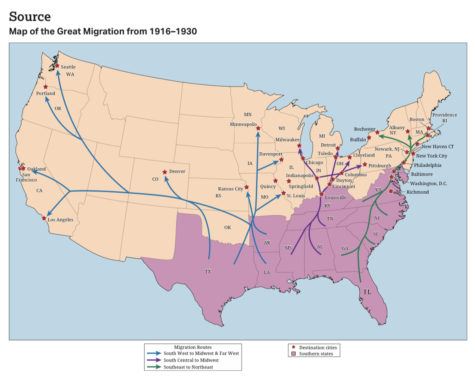
Experts on the course and its content are skeptical of the intention of these critiques. Evelyn Brooks Higginbotham, a professor of history and African American studies at Harvard University, was one of the primary reviewers of the AP African American studies. She rejects the validity of the reasons for the course’s ban in an interview with TIME.
“Those narratives that they were singling out aren’t in the curriculum itself. What they see are buzzwords.” Higginbotham said. “Theory is replete in academia… Theory is a part of higher education. But that’s not what this course is about.”
Higginbotham also responded to Desantis’ allegations that the course is indoctrination.
“One of our goals is to have students look at topics from a variety of angles. This is the farthest thing from indoctrination,” Higginbotham said. “How you look at a subject from different angles is best done through interdisciplinary work. And this is an interdisciplinary course.”
It is expected that the course’s presence will only grow in the next few years, naturally prompting Homewood students to take an interest in its content. Senior Marcus Davis voiced his thoughts on the recent news surrounding AP African American Studies.
“We’ve talked about the slave trade but I feel like a course like [AP African American studies] would allow people to go really in depth,” Davis said. “Almost everything in that course would have really done a lot for Homewood students.”
Davis reacted to Florida’s ban of the course as well. As a Black student at HHS, he explained how he felt disrespected when hearing news about the ban.
“I think it really represents systematic racism,” he said. “Learning about Black history really should not be tied to this whole political thing. Not only are you removing all Black students’ ability to take that course, but you’re eliminating other peoples’ abilities to learn more about different cultures and what happened [in America]. It’s really tragic.”
To the dismay of reviewers and academics who participated in the development of the course, College Board has eliminated certain material from its framework in response to the political pressures. David Coleman, CEO of College Board, has affirmed that the changes occurred prior to the Florida ban. The eliminated content includes material on Black Feminism, Black LGBTQ+ history and Black Lives Matter.
Next year, the course is planned on being brought into hundreds of schools, before all schools can begin offering it in the 2024-2025 school year; its first exams are scheduled to be administered in 2025.




